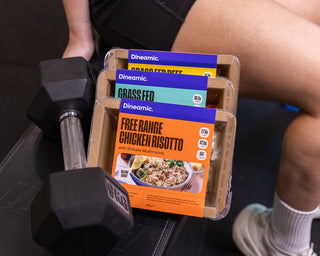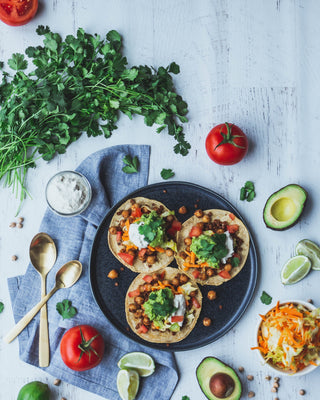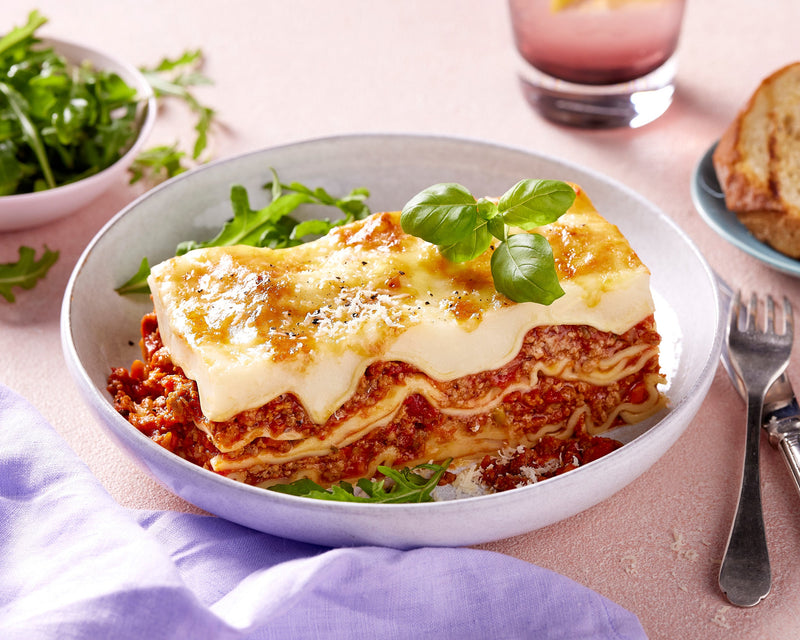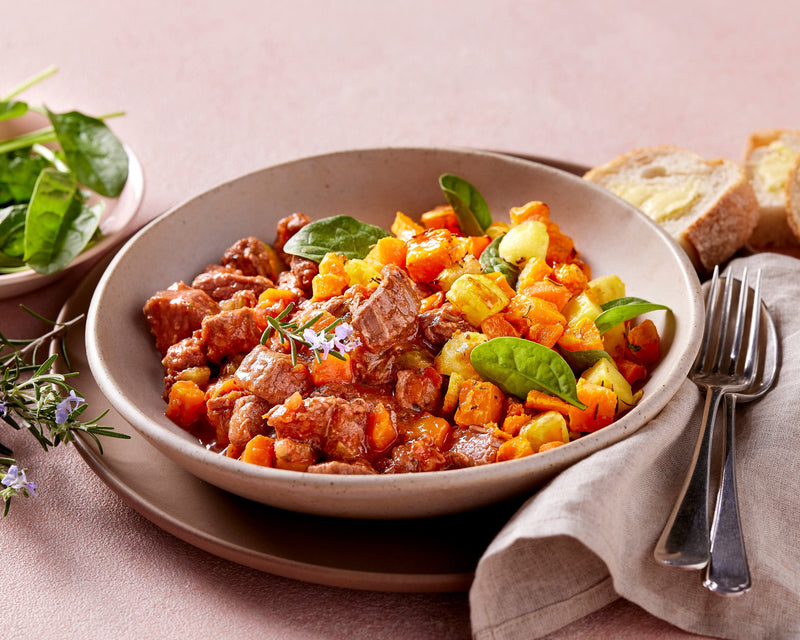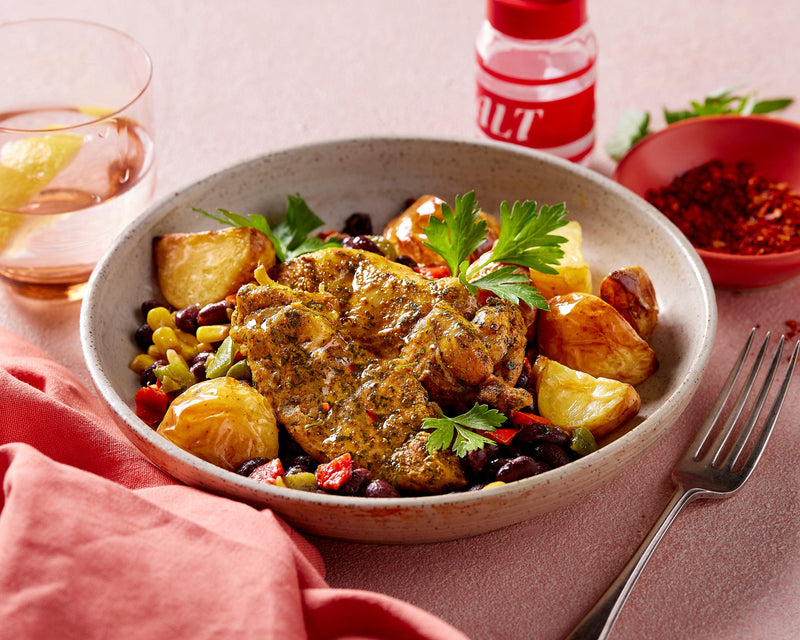
Enjoying a plant-based diet, but not feeling your best?
Enjoying more plant-based foods comes with many health-benefits; reduced risk of cardiovascular disease, improve gut health, reduced inflammation, plus more.
However, people on plant-based diets, or mostly plant-based diets often experience low energy and nutrient deficiencies. It is definitely possible to nourish yourself with enough nutrients on a plant-based diet, but it helps to be prepared.
Ensure you are eating enough throughout the day.
Plant-based diets are usually lower in calories/kilojoules compared to diets that include meat and animal products. This is because plant-based meat and dairy alternatives like lentils, tofu and plant milks are often higher in fibre and water content but lower in fat. This can mean that you are unintentionally consuming less energy and therefor feeling less energised.
Focus on your protein intake.
For the same reasons that they have less calories, plant-based foods tend to be lower in protein. Protein is an important component of a balanced meal or snack and helps to:
- Keep you fuller for longer
- Improve energy levels
- Regulate your metabolism and cell function
- Increase muscle mass
So how much protein should you be eating?
This varies depending on individual needs, but the daily minimum you should aim for consume is 0.8g – 1g of protein per kilogram of body weight.
Some affordable high protein plant foods to include in your diet are beans (1 cup = 15g), lentils (1 cup = 18g), tofu (150g = 18g), edamame (1 cup = 18g) and soy yoghurt (200ml = 14g).
Enjoy foods from all the core food groups to reduce your risk of developing nutrient deficiencies. If your plant-based diet is lacking in any of the core food groups (fruit, veg, protein foods, dairy alternatives, grains and starches, healthy fats), then you can be at risk of deficiencies in B12, iron, calcium, zinc, omega-3, selenium, iodine & more, which can be detected with regular blood tests.
I hope these tips and tricks leave you feeling nourished, satisfied and energised on your plant-based diet!
Sophie Kane @_allbeingwell_



